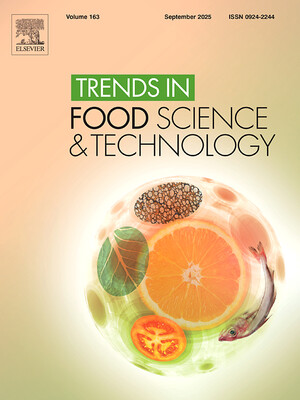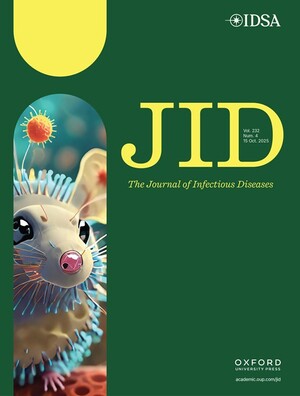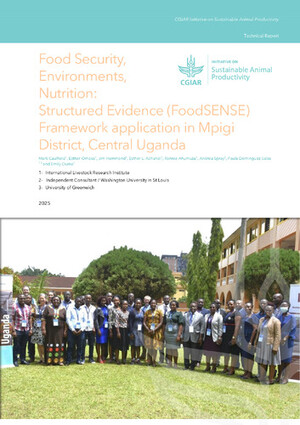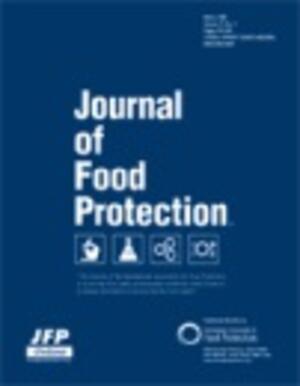
Food safety knowledge, attitudes and practices among food handlers in Chiang Mai Province, Thailand
Abstract
Foodborne illness have a great impact on public health worldwide. In Thailand, most
foodborne illnesses are attributed to cross contamination in food especially from
animal origin and drinking water. There is a high production and domestic
consumption of pork. Food handlers play an important role to reduce contamination
of microbial hazards along the food chain. Good personal hygiene is an essential part
for food safety. The objectives of this study were to assess the level of knowledge,
attitudes and practices (KAP) of food handlers and to assess the level of
microbiological hygiene indicators at slaughterhouses and markets. A cross-sectional
study was conducted in 16 slaughterhouses and 31 markets in Chiang Mai province,
Thailand during December 2014 to May 2015. A total of 32 slaughterhouse workers
and 51 pork sellers were evaluated by KAP using questionnaires combining likert
scales. Two focus group discussions were performed in slaughterhouse workers and
in-depth interviews were assessed for animal health and public health authorities,
markets and slaughterhouse managers, and consumers regarding food hygiene and
food safety issues. The result from questionnaires showed that most of the food
handlers had high scores of knowledge regarding personal hygiene and cross
contamination related to food safety while they showed low scores in knowledge in
aspects of foodborne illnesses. This result is in accordance with the result from the
focus group discussions. Some findings hint to an inconsistency between attitudes
and practices; for example, food handlers agreed that protective equipment can
reduce cross contamination, but they practically did not wear masks because they felt
uncomfortable especially in summer and some consumers may relate this to a health
problem of the food sellers. The qualitative data indicated that some good hygiene
measures are inappropriate in the context of their practical implementation and some
of these hygiene practices are not in accordance with their socio-economic status; for
example, food handlers came to work even they got sick because if they did not
work, they did not get money for supporting in their lives.
Citation
Jenpanich, C., Unger, F., Alter, T. and Chaisowwong, W. 2016. Food safety knowledge, attitudes and practices among food handlers in Chiang Mai Province, Thailand. Presentation at the first joint conference of the Association of Institutions for Tropical Veterinary Medicine and the Society of Tropical Veterinary Medicine, Berlin, Germany, 4–8 September 2016. Thailand: Chiang Mai University.









